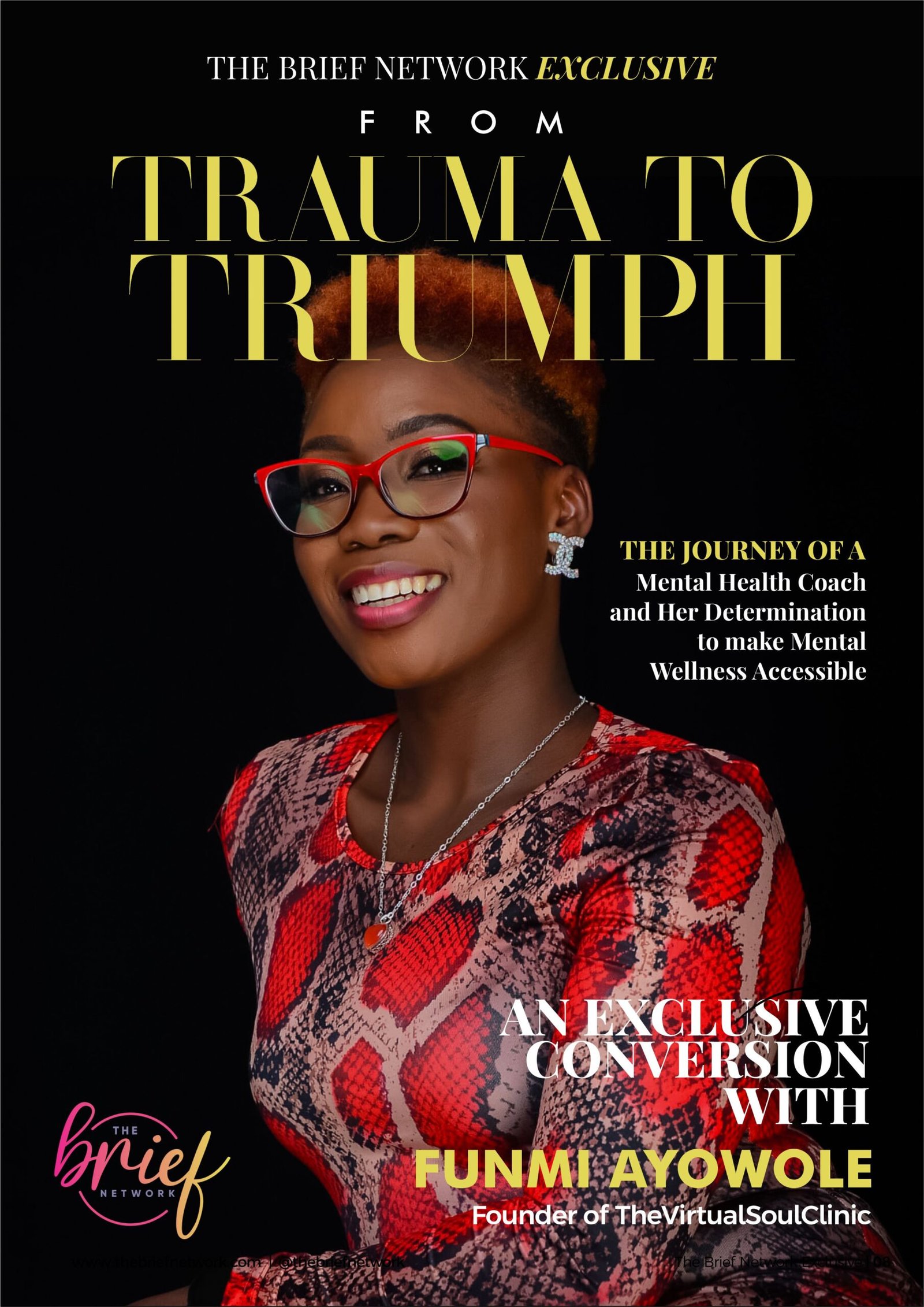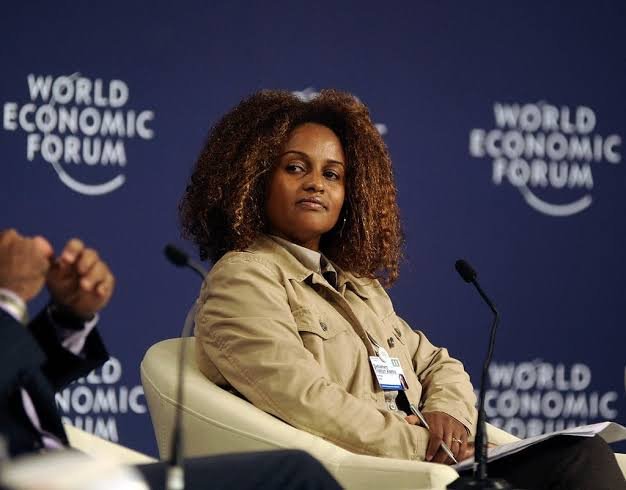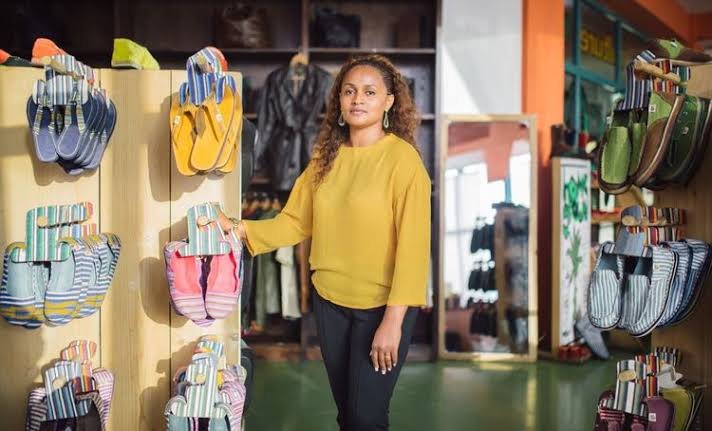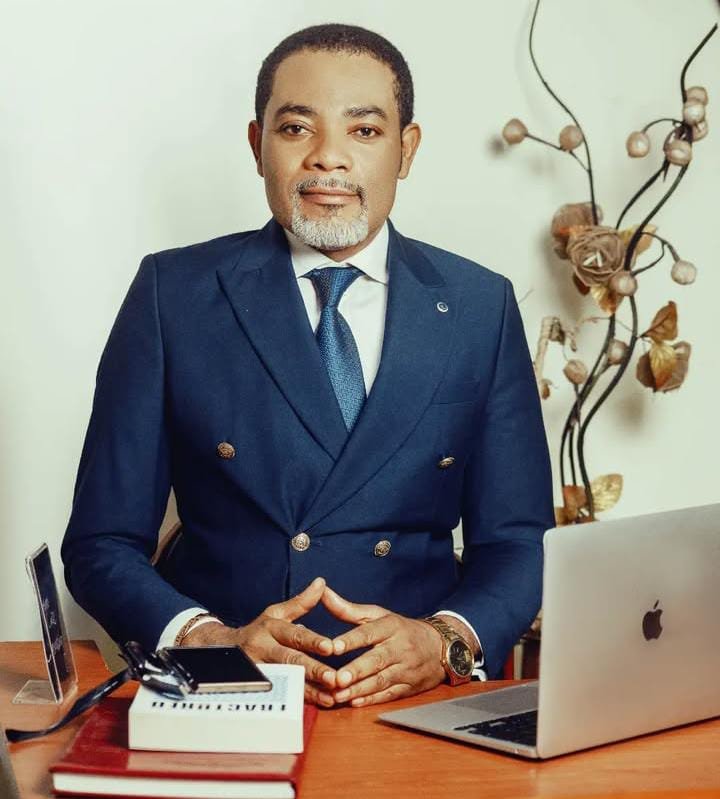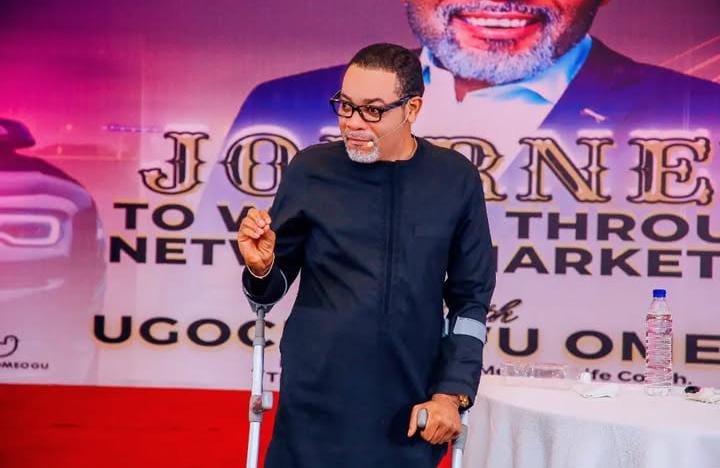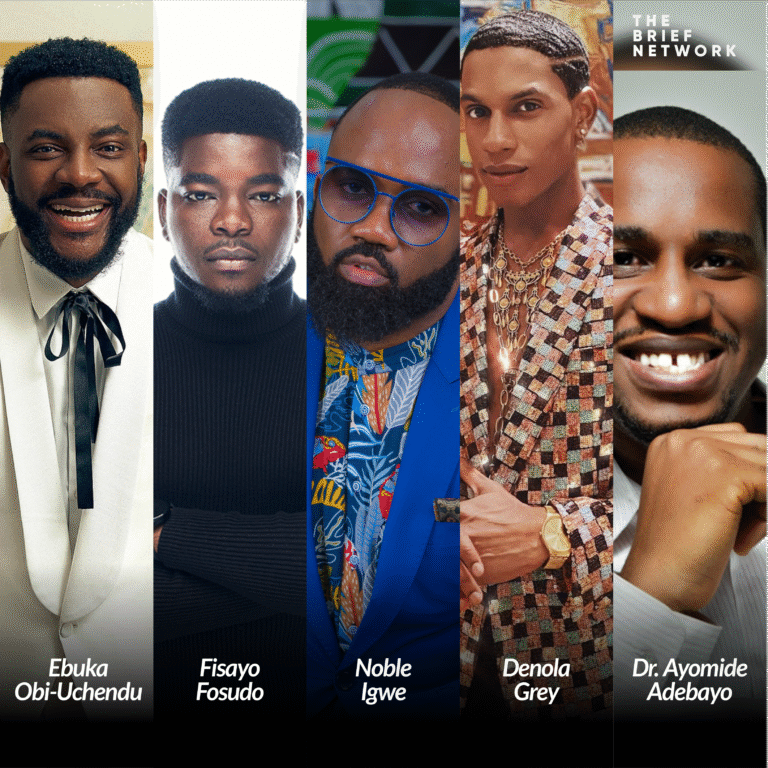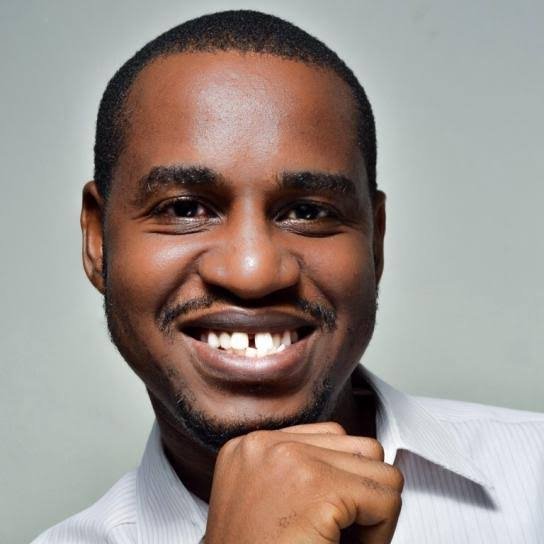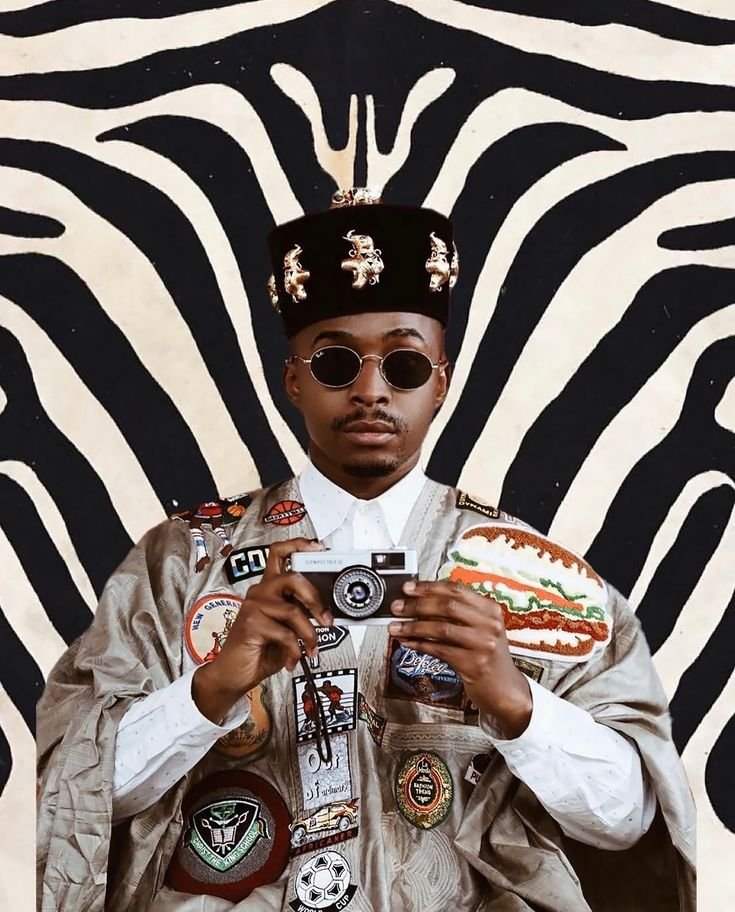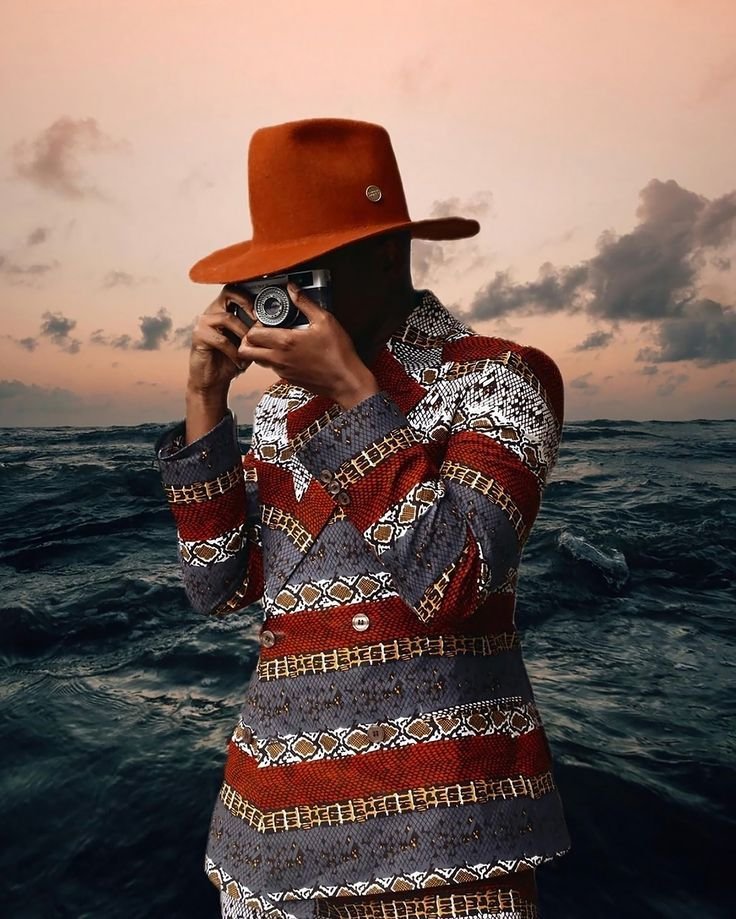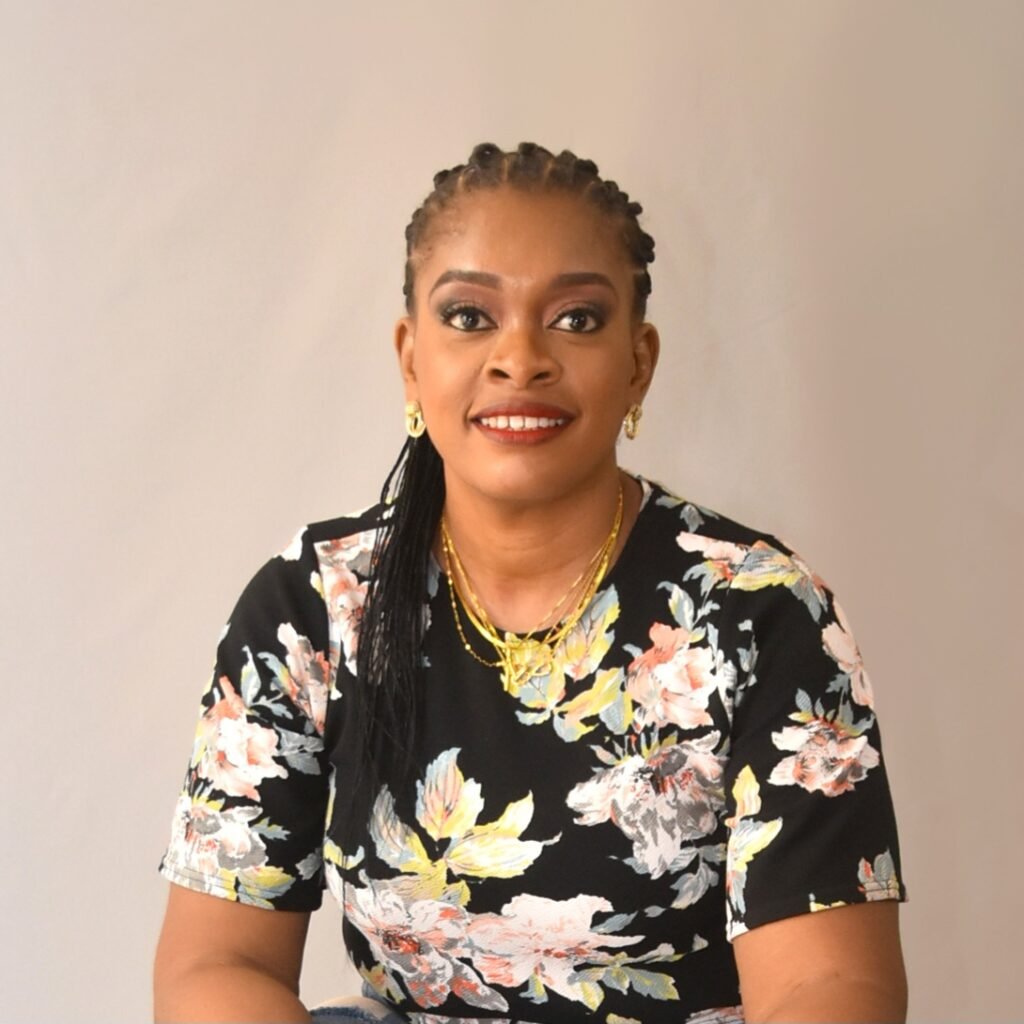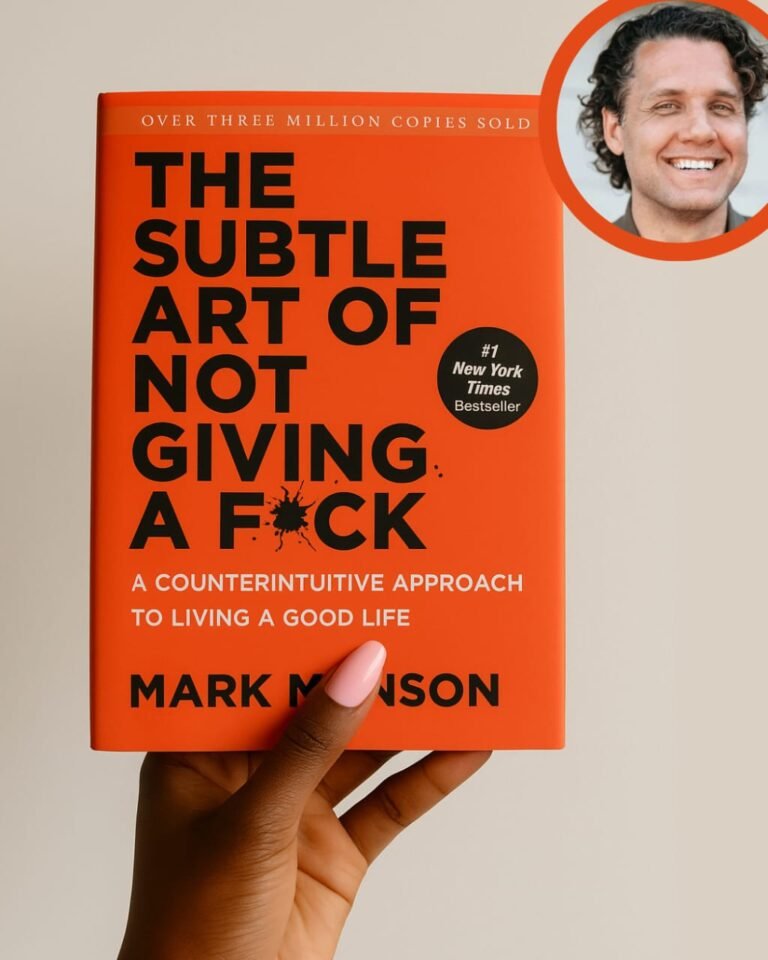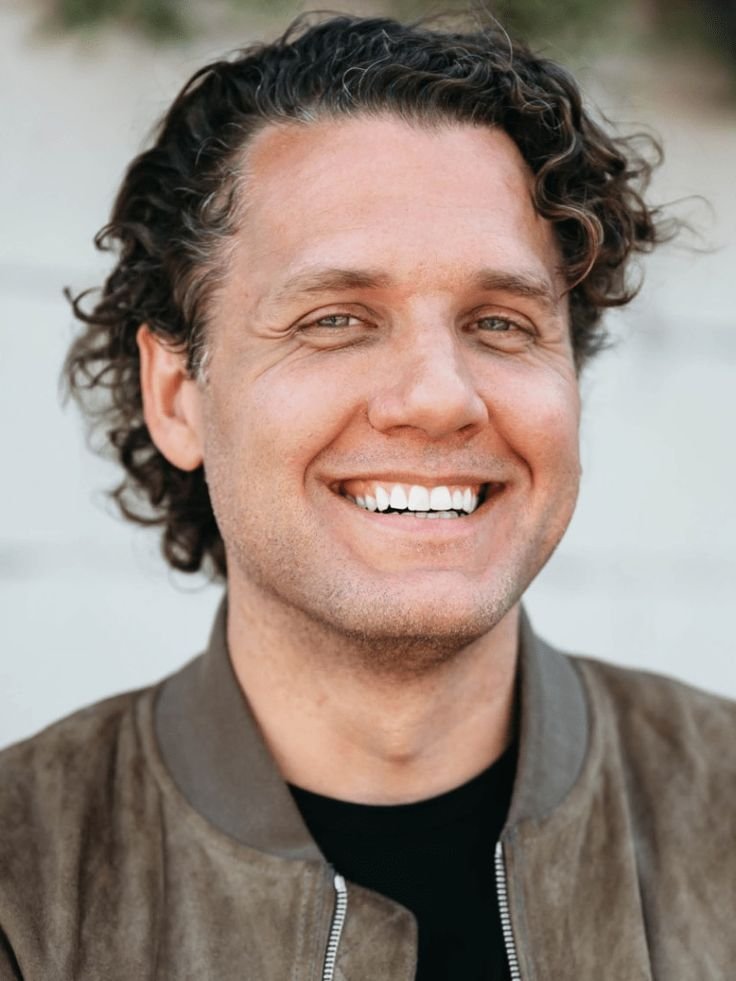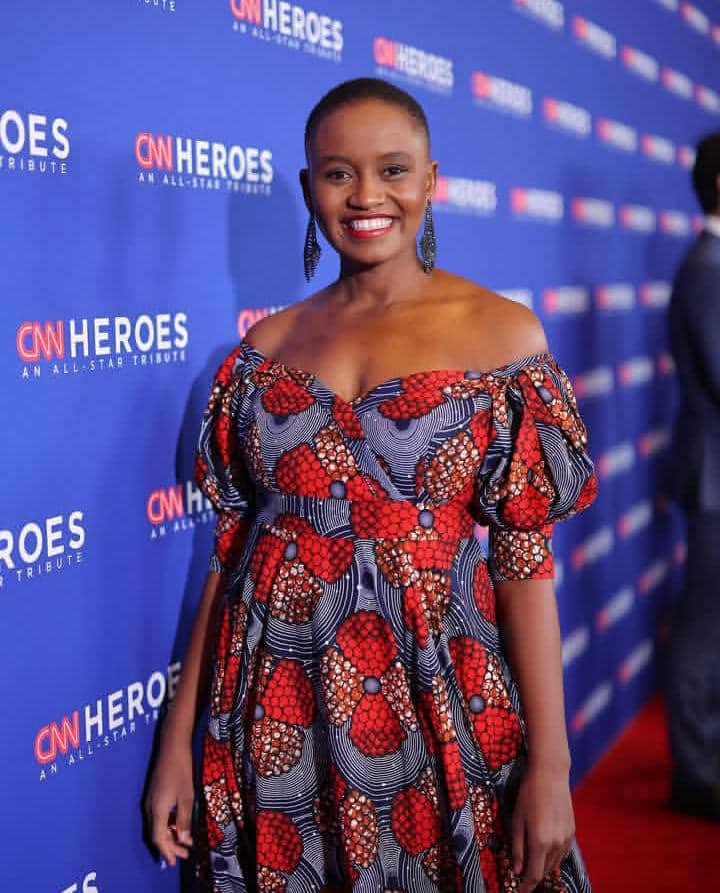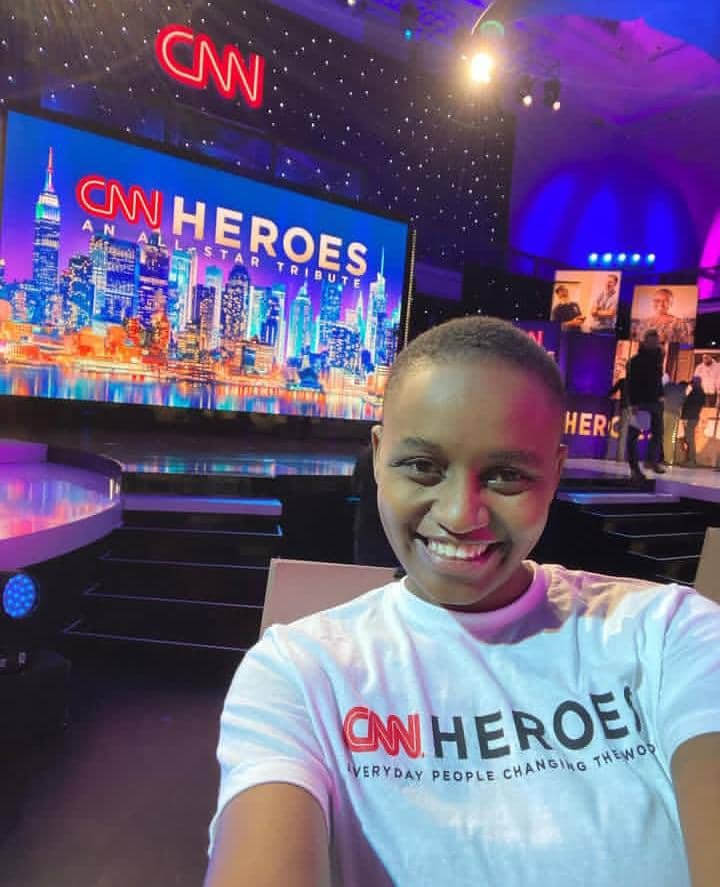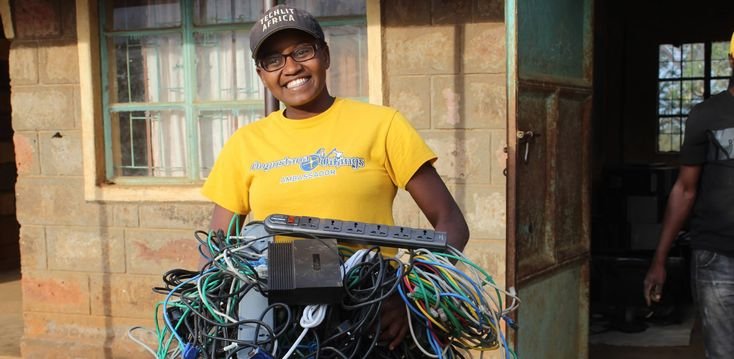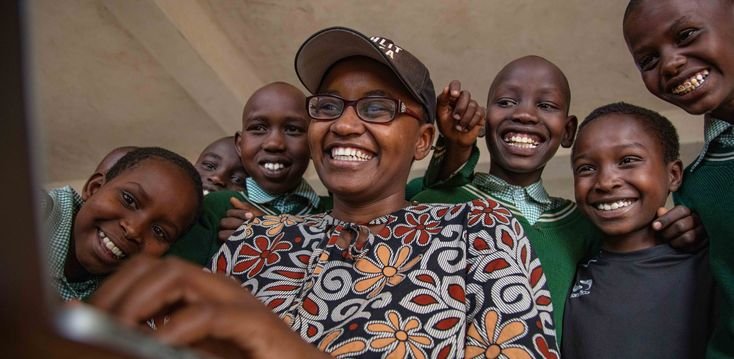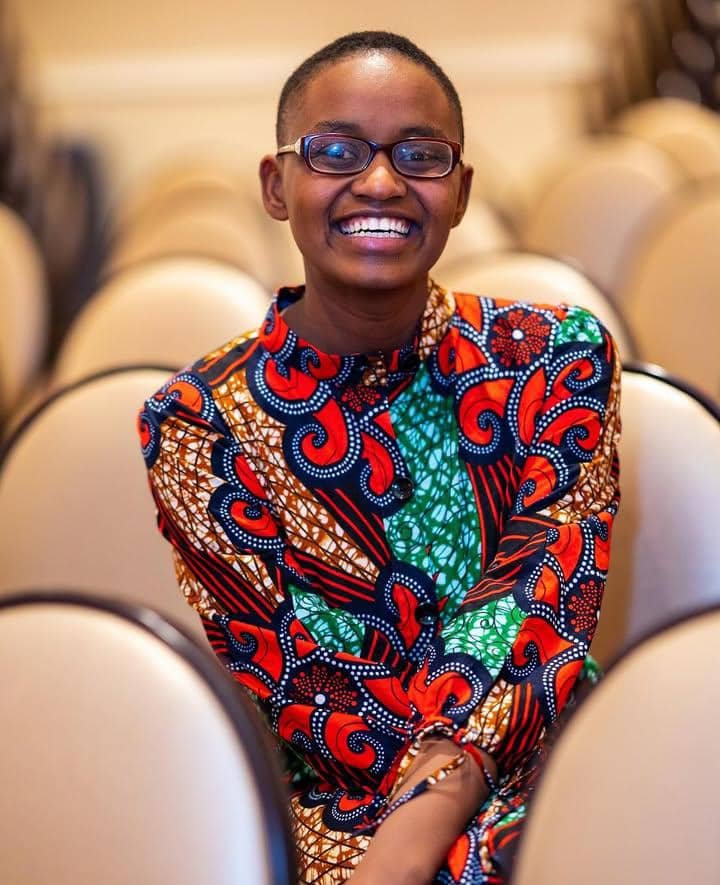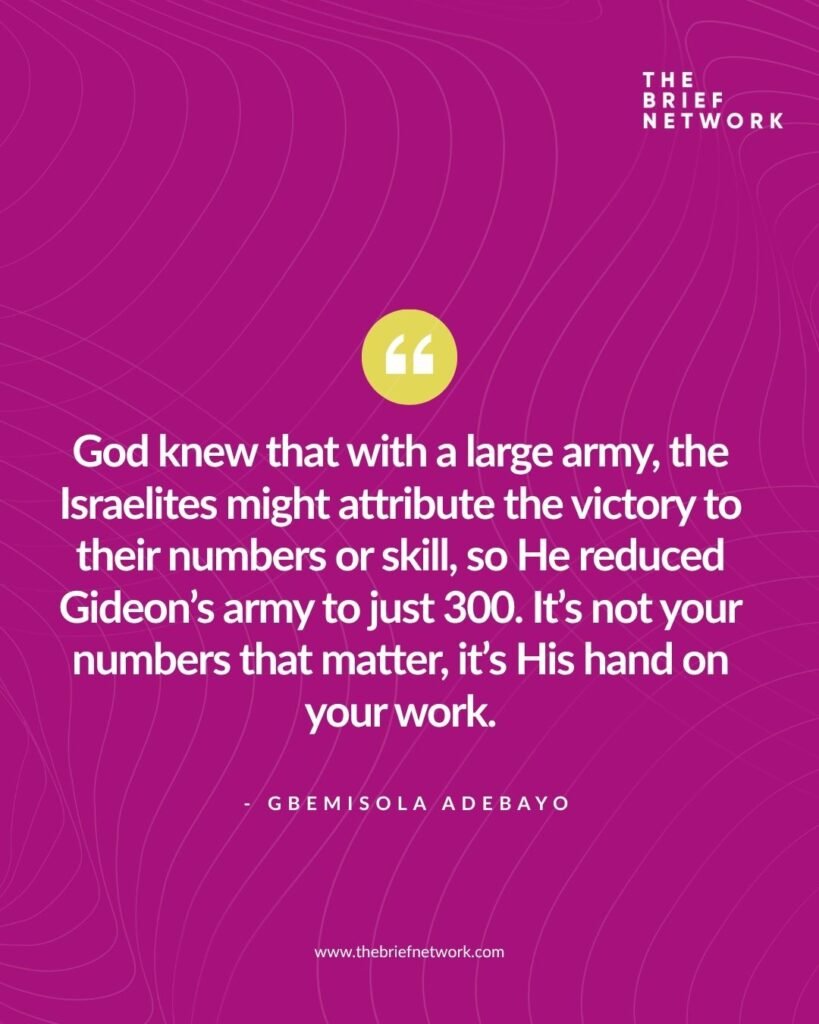
Some people follow the path laid before them. Others create a new flight plan – one that inspires generations to soar beyond what they once thought possible.
Dr. Wendy A. Okolo belongs to the second group.
Born and raised in Nigeria, Dr. Wendy didn’t grow up near space centers or surrounded by aerospace icons. But she was raised in a home where education mattered, curiosity was nurtured, and ambition was not a foreign language. That early support became the launchpad for a future she had never fully seen – but always believed was possible.
And by age 26, she became the first Black woman to earn a Ph.D. in Aerospace Engineering from the University of Texas at Arlington.
Today, she is not only one of NASA’s brightest minds, but a role model proving that your background doesn’t define your ceiling – your vision, work ethic, and purpose do.
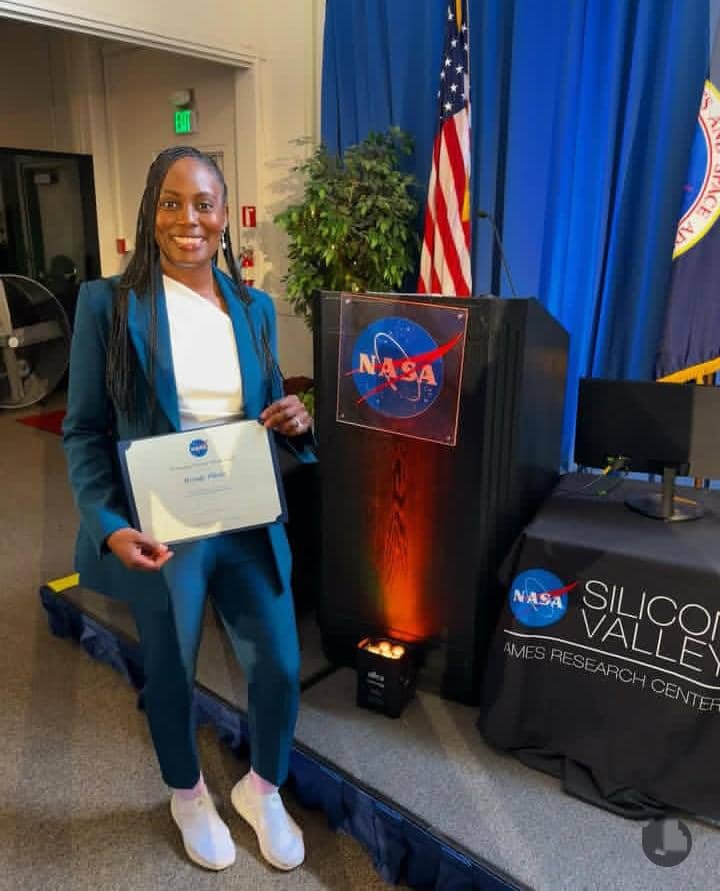
Soaring in a Space Meant for Few
Dr. Wendy joined NASA’s Ames Research Center in Silicon Valley, where she quickly stood out – not just as a young engineer, but as a leader in systems design.
She contributed to NASA’s Orion spacecraft program, helping develop systems for one of the most advanced human spaceflight projects of our time. She also played key roles in the System-Wide Safety (SWS) Project and now works in NASA’s Intelligent Systems Division, building technologies that allow aircraft to “think” mid-flight – shaping the next generation of autonomous aviation.
Her research ensures that space and flight missions become not only possible but safer and more sustainable.
But beyond her brilliance in science and technology, what makes Dr. Wendy truly inspiring is who she never stopped being – a woman proud of her roots, committed to mentorship, and passionate about making space – both figuratively and literally – for others.

Honors That Reflect Her Impact
Dr. Wendy Okolo’s brilliance has been recognized across the globe. In 2019, she received the prestigious Black Engineer of the Year Award (BEYA) as Most Promising Engineer in Government – a symbol of rising Black excellence in STEM. She also earned the NASA Ames Honor Award for her groundbreaking work in aerospace systems.
Named among OkayAfrica’s Top 20 Young Women in Africa, her story has appeared on CNN, BBC, Forbes, and The Guardian.
And yet, when she speaks, there’s no prideful posturing – just humility, vision, and a call to open doors for others.
“It’s not just about me. It’s about opening doors for others who may not see themselves represented in these spaces.” — Dr. Wendy Okolo
In June 2023, Dr. Wendy released her book titled Learn To Fly: On Becoming a Rocket Scientist – an academic memoir mixing personal anecdotes with actionable advice for anyone pursuing STEM. It emphasizes that everything is for everyone, from scholarships and time management to networking and grit.

A Role Model for a New Generation
Dr. Wendy’s presence in aerospace labs sends a powerful message: representation matters. She actively mentors students, especially young women – showing that science is not a gated club, but a frontier for all brilliance. Her journey reminds us that success is not just about achievement – it’s about inspiring and uplifting others.
In a fame-obsessed world, Dr. Wendy offers something deeper: legacy.
She doesn’t just make space for herself – she builds space for others. Her success is not loud – it’s rooted in purpose, service, and consistency.
Finally
Let Dr. Wendy Okolo’s story propel you upward – not just with talent, but with clarity, courage, and compassion.
You don’t need privilege to achieve greatness.
You need vision, discipline, and a purpose that lifts others as you rise.
Because the greatest success is not just aiming high, it’s bringing others along.

